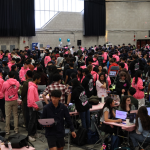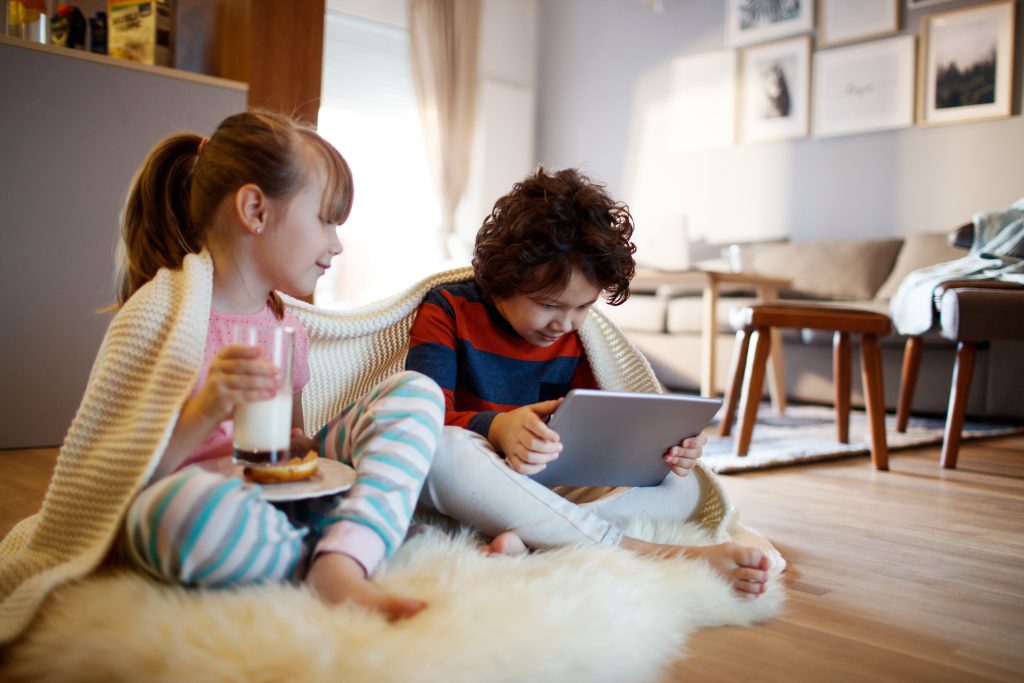Living in a high-density city offers vibrancy and opportunity, yet it also brings challenges for family wellbeing. Limited green space, constant noise, and packed schedules can quickly disrupt routines that support movement, mindfulness, and connection. For many families, finding a balance between the demands of city life and the need for emotional and physical wellness can feel overwhelming.
However, small changes in daily routines, like walking part of the school run or making time for device-free meals, can have a significant impact. Research shows that regular physical activity and exposure to nature reduce stress and improve emotional regulation in children. This article explores simple, realistic routines that we have found urban families can adopt to thrive together, even in the most compact and crowded environments.

Active Habits that Fit Urban Life
Building physical activity into the day doesn’t have to mean joining a gym or planning complex workouts. In dense cities, wellness can be found in everyday mobility; especially when children are involved.
Take the school run, for example. If it’s safe and manageable, walking part of the way or cycling with your child encourages both exercise and meaningful conversation. Even short bursts of movement before school can help with focus and reduce morning stress. Similarly, weekend routines that include scooter rides in a park or climbing stairs instead of using lifts can sneak in physical activity without it feeling like a chore.
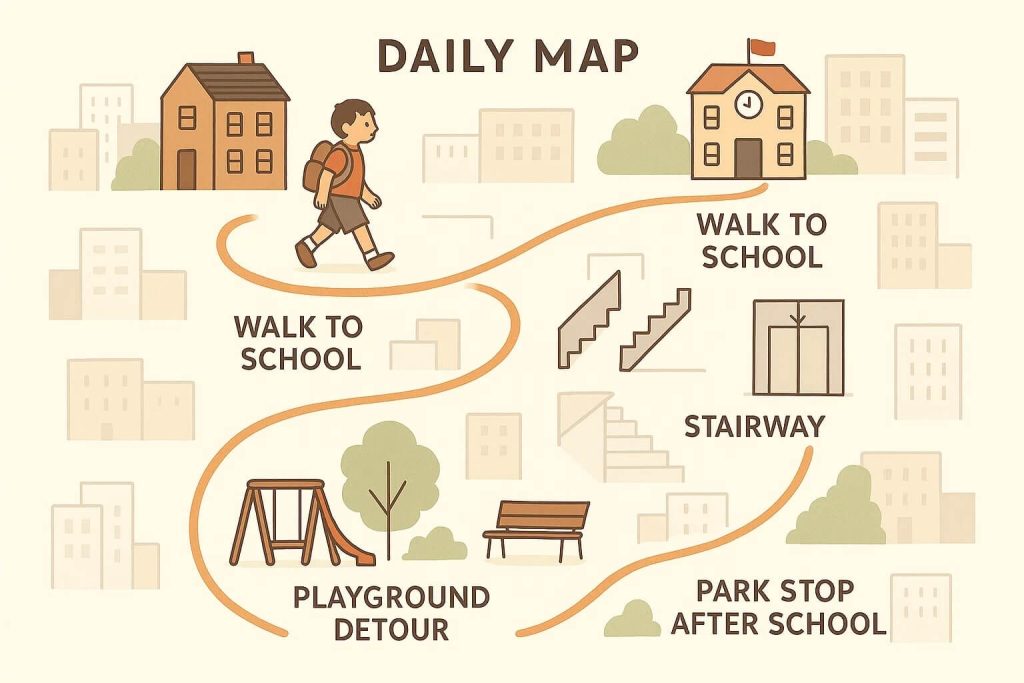
Urban families also benefit from community resources. Some cities now offer pop-up play streets or pedestrian zones on weekends, which not only create safer space to move but also boost neighbourhood interaction. Movement woven into daily life, rather than added on, tends to be more sustainable, and more fun for children.
Make Space for Green Time
Urban life can be overstimulating. Constant traffic, screens, and tight schedules can wear down both adults and children. One of the most effective ways to restore balance is to prioritise time in nature, even if it’s limited.
Whether it’s a morning stroll through a local park or an after-school stop at a community garden, green spaces offer more than scenery. Studies show that even brief exposure to nature reduces stress hormones and improves emotional regulation in children. Parents often find these moments are when their child opens up most naturally.
Families can also build mini rituals around green time:
Green Fridays’: a weekly commitment to spend time in nature as a family, even just for 30 minutes.
Balcony gardening: for those with limited access to parks, growing herbs or flowers gives children a sense of calm and responsibility.
Weekend nature walks: exploring nearby trails or rivers can become an anchor point for family connection and decompression.
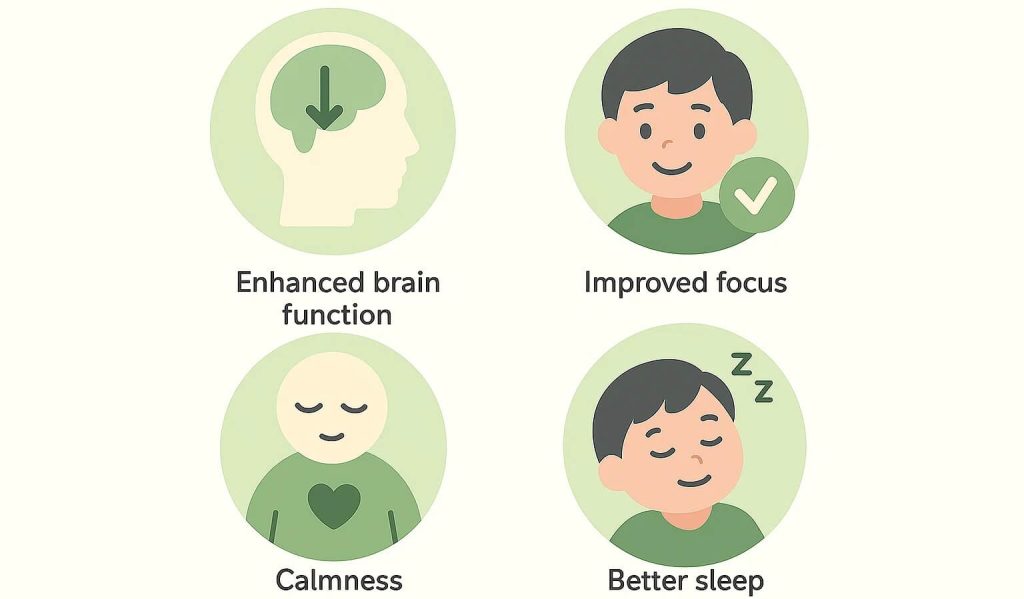
Nature, even in small doses, functions as a powerful mental reset, or an antidote to the overstimulation of urban life.
Create Movement-Based Anchors in the Day
Staying physically active in a high-density city can feel like another task on a crowded to-do list. Yet, movement can be woven into your family’s everyday rhythm in subtle but effective ways, even if it’s not a formal workout as such.
Consider building “movement anchors”, which serve as reliable moments in the day where the whole family gets active together. For example, a brisk walk to school in the morning or a short dance session in the living room before dinner can work wonders. These routines help regulate energy, improve mood, and offer moments of light-hearted connection.
Longer commutes and small living spaces often mean children have fewer chances to move freely. In response, some families schedule “unwind walks” after school or take stairs instead of lifts when possible. Even household chores, like watering plants or sorting laundry, can be reframed as mini movement breaks.
Strengthen Local Connections and Community Ties
In densely populated cities, it’s easy for families to feel isolated, even when we’re surrounded by people. But fostering a sense of belonging can have powerful benefits for both parents and students. Community engagement offers not just emotional support, but also practical advantages for family wellbeing.
One helpful approach is to identify hyper-local opportunities. These could include:
- Weekend visits to community libraries or art spaces
- Signing up for local clean-up or green initiatives
- Attending neighbourhood events or cultural festivals
Regularly seeing familiar faces at the market or park helps children build social confidence. For parents, casual interactions, like chatting with another parent at a playground, can ease the emotional load of urban life.
Another idea is to build micro-routines around community habits. For example, grabbing breakfast from a local café every Saturday or volunteering at a nearby school event each term gives the family a recurring link to their environment. These anchors create familiarity, routine, and joy.
Use Digital Tools to Encourage Healthy Balance
Technology is deeply woven into urban family life, but rather than fighting it, families can harness it to promote wellness.
Smart scheduling and reminders: Apps like Cozi or Google Calendar help families coordinate extracurricular activities, homework time, and bedtime routines. When routines are predictable, children feel more secure, and transitions become smoother for everyone.
Mindful tech usage: Urban students often spend long hours on screens due to academic demands and limited play space. Parents can introduce apps like Forest (which encourages breaks) or Calm (for winding down in the evening). These tools support healthier digital habits while still working within the realities of city life.
Explore urban wellness through digital discovery: Families can use local guides and community platforms, like Meetup or local Facebook groups, to discover nearby events, outdoor classes, or lesser-known green spots. These can become part of a weekend routine or an after-school adventure.
Design Family-Friendly Weekends that Recharge Everyone
Urban life often stretches weekdays with long commutes, packed schedules, and screen-heavy routines. Weekends, then, become vital opportunities for families to reset, mentally, emotionally, and physically. Planning with intention, using some of the techniques shared above, can make these two days count.
One helpful strategy is to build in a “slow start” to at least one weekend morning. Instead of rushing to a tuition centre or errand, set aside time for a shared breakfast, a leisurely walk, or simply reading together. These unhurried moments nurture emotional connection, which is often strained during the workweek.
Equally important is variety. Try alternating between familiar favourite outings (like a museum or playground) and new discoveries (such as a food market in a different neighbourhood or a short hike just outside the city). Families in high-density cities like Bangkok or Singapore often find wellness by accessing their city’s “third spaces”, gardens, libraries, and riverside paths that offer a change of pace without needing to leave town.
Building Everyday Balance in City Life
Supporting family wellness in a high-density city doesn’t require major lifestyle overhauls. It often comes down to small, consistent choices: adding a few minutes of nature, carving out screen-free moments, encouraging movement, and engaging more intentionally with the local community. Together, these routines help families feel more grounded, connected, and resilient; despite the pace and pressure of urban life.
For families seeking more insights into parenting, education, and student wellbeing in global cities, explore additional resources at AISL Mall.
Health and Wellness Services that may be of interest:
Get a special discount by quoting code AISLMALL during CHECKOUT.
Daybook Journal
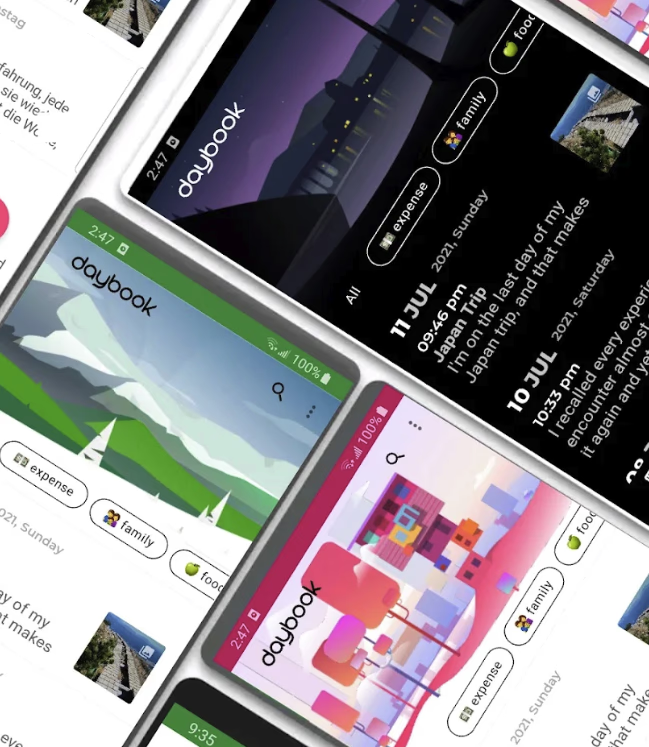
Daybook is a digital journal and diary app that enables users to write, reflect, and preserve their thoughts and experiences. It offers cloud sync, voice-to-text, mood/activity tracking, personalization, and AI-powered insights to enhance the journaling experience.
Health & Wellbeing – Deck of cards
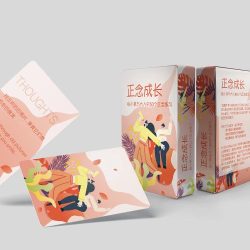
Dr. Christopher Willard’s mindfulness decks offer exercises for emotional well-being, including *Mindful Parenting*, *Self-Love*, and tools for teens to manage depression, anxiety, and build resilience. Each deck provides practical mindfulness strategies for emotional growth and mental health at every life stage.
KFBG Transformative and Mindfulness Forest Immersion Walk

Kadoorie Farm and Botanic Garden (KFBG) delivers inspiring, awareness-shifting and transformative programmes with potential life-changing experiences. We offer an opportunity and a peaceful space in the natural environment of KFBG for participants to experience, to rethink, to identify and to be able to deeply connect and appreciate Gaia, our mother Earth, and the interconnection and interrelationship that we share with her. By being close to, and having a respect for nature, through our transformative workshops, people can experience a sense of deep happiness and spiritual contentment in which could facilitate a more holistic way of living.
KIBO – Sustainable Sneakers

KIBO creates eco-friendly sneakers using sustainable materials like Apple Leather and post-consumer plastics. Their #GuiltFreeKicks are designed for both environmental kindness and comfort, featuring orthopedic insoles with unique arch support for exceptional comfort with every step.
Plant-based Whole Food Snacks

Cocoparadise is a company devoted to making natural, clean, superfood snacks that are good for you and the planet. We’re on a mission to inspire, encourage and make healthy living fun and easy. We think you shouldn’t compromise on taste when it comes to eating healthier. And we prove it with our delicious line of plant-based snacks. Whether you’re on a health kick or simply seeking tasty vegan, vegetarian, keto, gluten-free and paleo snacks… Cocoparadise is your destination.
Smiling Mind Mental Wellbeing App
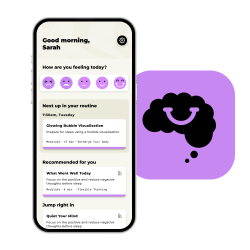
Smiling Mind is Australia’s leading digital mental health non-profit, offering evidence-based tools and programs to build lifelong mental fitness. For over 12 years, we’ve empowered minds to thrive—especially children—by proactively developing mental wellbeing and aiming to create generational change in how mental health is understood and nurtured.
Wellbeing Books Series
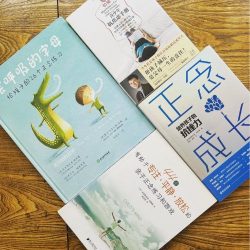
Dr. Willard’s books blend mindfulness with practical approaches for families. Alphabreaths teaches kids mindfulness through ABC-themed breathing exercises, while Growing Up Mindful offers parents and educators tools to help children build resilience, self-awareness, and empathy through mindfulness.




